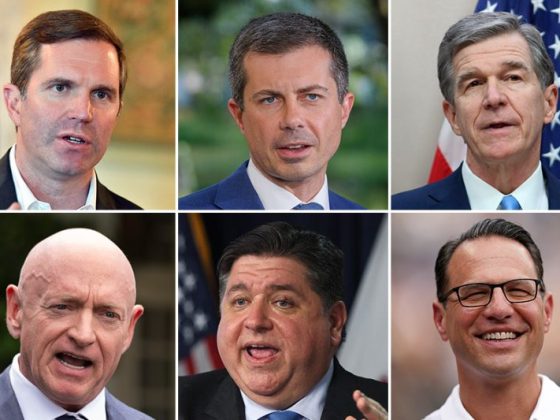India’s Narcotics Control Bureau (NCB) has intensified its surveillance of cryptocurrency payments on the darknet in a bid to curb drug trafficking within its borders.
Nityanand Rai, the Minister of State for Home Affairs, revealed the government’s strategy to tackle the import and inter-state movement of narcotic drugs was disclosed during a recent Parliamentary discussion.
NCB data indicates a noticeable uptick in the utilization of cryptocurrencies in drug-related crimes over the past five years, particularly in cases involving the darknet.
Rai Outlines Plan to Combat Drug Trafficking
During the session, Rai outlined a plan comprising 13 actionable points to address the escalating concerns of drug trafficking and narco-terrorism in the country, with a specific focus on combating the misuse of digital currencies.
“A Special Task Force on Darknet and Cryptocurrency has been constituted to monitor suspicious transactions related to drugs on the darknet,” he said.
In tandem with these efforts, the NCB has initiated training programs centered on digital forensics, darknet activities, and cryptocurrency to enhance its investigative capabilities in combating drug-related crimes more effectively.
Despite this targeted approach towards monitoring crypto transactions, the Indian government’s handling of the cryptocurrency landscape has been met with mixed reactions.
The absence of any mention of cryptocurrencies in Finance Minister Nirmala Sitharaman’s recent 2024 Union Budget speech has left existing tax regulations unaltered for another fiscal year.
Earlier in 2024, the Financial Intelligence Unit (FIU) under the Ministry of Finance cracked down on offshore exchanges like Binance for non-compliance with the country’s Anti-Money Laundering Act.
Binance, once a dominant player in India’s crypto trading scene, was levied with a fine to resume operations, marking a significant regulatory shift in the Indian crypto market.
Despite these regulatory hurdles, Binance has expressed intentions to reenter the Indian market, pending approval from Indian financial authorities.
India Trains Authorities on Crypto Forensics
Last year, India revealed that it has offered officials from various cybercrime and police departments training in cryptocurrency forensics and investigation during the financial year 2022–2023.
The training was aimed to equip law enforcement personnel with the necessary skills to combat cryptocurrency-related crimes.
Under the NCB, 141 officers received training specifically focused on darknet investigations, cryptocurrencies, and workshops on digital footprints, intelligence gathering from open sources, and social media analysis.
The training came as a survey conducted by blockchain intelligence company TRM Labs has revealed that 99% of law enforcement needs more training on crypto.
#Binance, in collaboration with Thai government agencies, hosted the first-ever blockchain and crypto training workshop for law enforcement in Thailand
Topics:
Crypto fundamentals
Investigation techniques
Case studies
Crypto exchanges’ roles in crime prevention. pic.twitter.com/ey0LDrrlpi
— Binance (@binance) December 7, 2022
India’s stance on cryptocurrencies has been somewhat ambiguous.
The imposition of strict crypto taxes in 2022 and the crypto market downturn led Indian traders to switch to international exchanges, negatively impacting the local crypto industry.
Trading volumes shifted back to Indian exchanges after the ban on offshore entities, however.
India has made it a priority to achieve global consensus on framing crypto policies as part of its G20 presidency in 2023.
The country successfully obtained agreement from all G20 members on global guidelines.
India faced criticism for pushing for global consensus without having its own legislation in place, however.
The post India Tracks Crypto Transactions on Darknet to Combat Drug Trafficking appeared first on Cryptonews.


